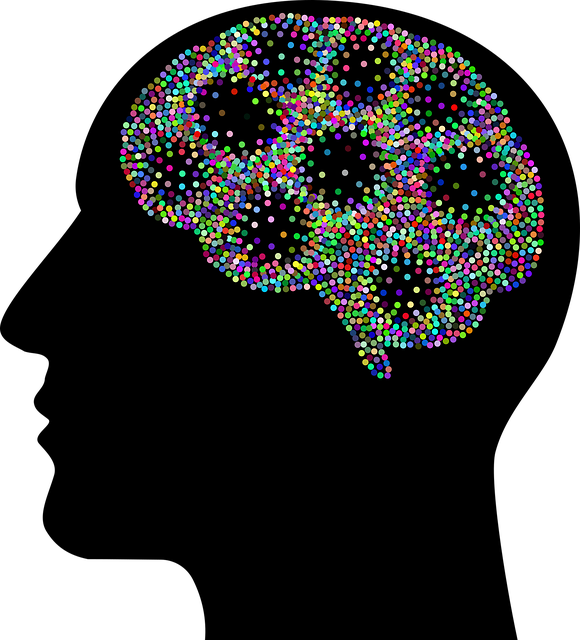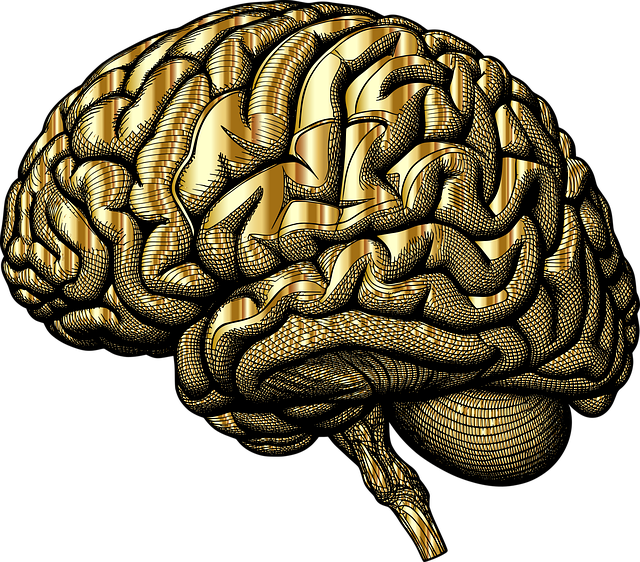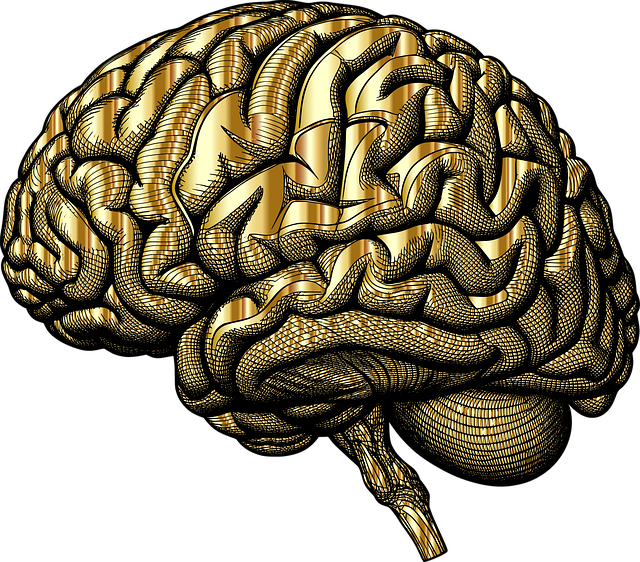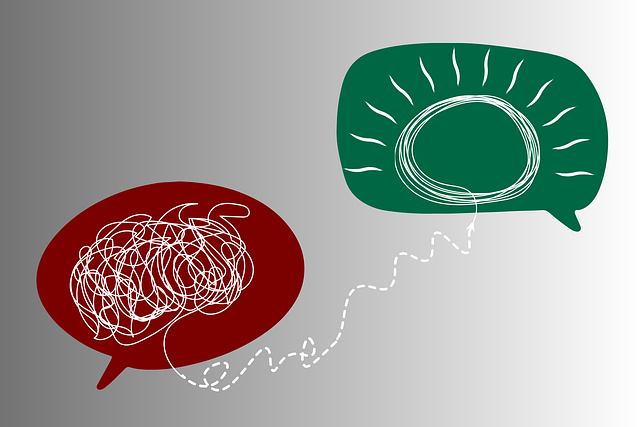“Mental illness diagnosis and treatment can be a daunting journey, but with the right support, recovery is attainable. In this comprehensive guide, we explore how Lakewood Eating Disorders Therapy assists individuals navigating complex mental health landscapes. From understanding specific diagnoses like eating disorders to uncovering suitable treatment options, our article offers insights into their holistic approach. Additionally, we delve into building resilience, showcasing strategies that empower clients towards effective recovery. Discover how Lakewood Eating Disorders Therapy serves as a beacon of hope and guidance in the fight against mental illness.”
- Understanding Mental Health Diagnoses: A Guide for Lakewood Eating Disorders Therapy
- Navigating Treatment Options: Support and Resources at Lakewood Eating Disorders Therapy
- Building Resilience: Strategies for Effective Recovery with Lakewood Eating Disorders Therapy
Understanding Mental Health Diagnoses: A Guide for Lakewood Eating Disorders Therapy

Understanding Mental Health Diagnoses: A Guide for Lakewood Eating Disorders Therapy
In the journey towards healing and recovery from eating disorders, such as those treated at Lakewood Eating Disorders Therapy, gaining a solid grasp on mental health diagnoses is an essential step. It empowers individuals to navigate their unique path with clarity and confidence. Mental wellness involves recognizing and comprehending symptoms that extend beyond physical signs. Eating disorders often stem from complex interactions of psychological, emotional, and sometimes environmental factors. Diagnoses in this realm require professionals to delve into a patient’s history, assess patterns, and identify co-occurring conditions like anxiety or depression, which are common alongside eating disorders.
Self-awareness exercises can play a significant role in this process. Encouraging individuals to reflect on their thoughts, emotions, and behaviors fosters a deeper understanding of the underlying causes of their disordered eating. Promoting positive thinking and mental wellness techniques becomes an integral part of therapy, helping patients develop coping strategies that support long-term recovery. By combining specialized treatment with self-exploration, Lakewood Eating Disorders Therapy aims to provide comprehensive assistance for those navigating the complexities of mental health diagnoses related to eating disorders.
Navigating Treatment Options: Support and Resources at Lakewood Eating Disorders Therapy

Navigating treatment options for eating disorders can be a daunting task. Lakewood Eating Disorders Therapy offers comprehensive support and resources to help individuals find their path to recovery. Our expert team provides personalized care, combining evidence-based therapies with innovative approaches tailored to each client’s unique needs. We understand that overcoming an eating disorder requires more than just treating symptoms; it involves building resilience and fostering a positive relationship with one’s body and mind.
At Lakewood Eating Disorders Therapy, we prioritize holistic healing by integrating techniques such as mindfulness meditation and confidence-boosting exercises into our treatment plans. These strategies empower individuals to manage stress, cultivate self-compassion, and prevent relapse. Our supportive environment encourages exploration and growth, enabling clients to develop lifelong coping skills for managing eating disorder symptoms and promoting overall well-being.
Building Resilience: Strategies for Effective Recovery with Lakewood Eating Disorders Therapy

Lakewood Eating Disorders Therapy offers a comprehensive approach to mental illness diagnosis and treatment, empowering individuals on their journey to recovery. By providing clear guidance through complex diagnoses and navigating diverse treatment options, they ensure personalized support tailored to unique needs. Through building resilience and implementing effective strategies, Lakewood Eating Disorders Therapy fosters not just healing but lasting well-being. Their dedicated resources and expert assistance make the path to recovery more accessible and hopeful.














